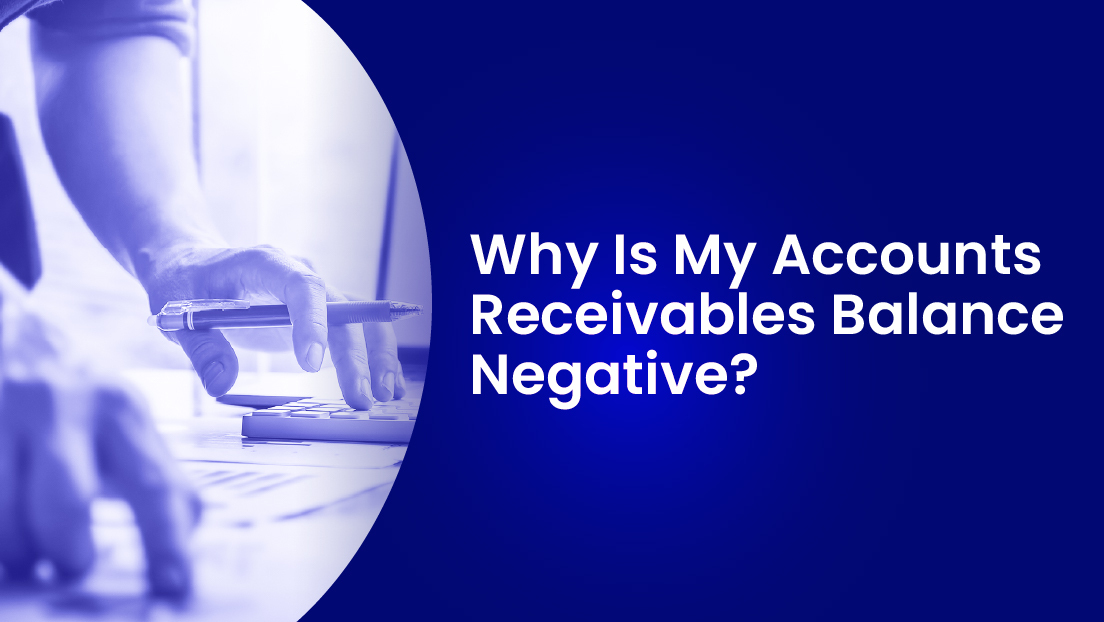Days deductions outstanding (DDO) is a measure of financial health that indicates how well a company can resolve deductions. This is a key metric in an organization’s accounts receivable (A/R) deduction management process. Like other A/R measures (such as metrics for days sales outstanding, DSO), it has big implications for overall profitability.
How to Calculate Days Deductions Outstanding
Industry research suggests that as many as 5% to 15% of invoices are affected by deductions. But before unpacking the significance of these disputes, let’s get a bit of background on the DDO measurement:
In accounts receivables, a “deduction” may refer to any invoice dispute made by a customer. In essence, when a customer refuses to pay an invoice in full, your company opens a case to investigate the claim. The longer the dispute remains open, the higher your DDO.
The formula for DDO is simple:
DDO = Number of Open Deductions / (Average Deduction Value x Periods)
This is your basic measure of how to calculate deductions, but what is DDO in relation to your company’s profitability?
What do A/R Deductions Have to do With Financial Health?
Your A/R deductions, as well as your DDO metric overall, indicate your company’s ability to resolve disputes, investigate claims, and collect on invoices. Broadly, it’s a measure of cash intake. Every open deduction on your balance sheet represents an invoice that hasn’t been paid in full.
As mentioned, the longer a deduction is open, the harder it’ll be to collect. Long standing disputes can become problematic for companies with thin profit margins. When disputes go unresolved, your company will inevitably lose revenue. This produces a higher DDO rate, which indicates problems with your deduction management workflows.
Conversely, low rates show your collections team is working efficiently and resolving disputes without substantial impact to your bottom line. Lower DDO rates are always preferable.
What Causes High DDO Rates?
High rates are attributable to problems in your products or processes. Here are a few of the biggest culprits:
- Invoice errors – Should your company incorrectly invoice clients for less money than they owe, your team will need to reach out and request payment in full. Aside from creating a poor customer experience, this extends the life of open invoices and prolongs resolution.
- Lack of internal collaboration – Resolving disputes requires coordination among sales, logistics, product, manufacturing, collections, or any other relevant team. Inadequate documentation and collaboration extend the time it takes to resolve disputes; thus, DDO.
- Poor product quality – Faulty or poorly-made products will inevitably trigger customer complaints which remain open as disputes and contribute to high DDO.
How to Improve Your DDO
DDO improvement is much like DSO improvement; it’s all about controlling – and preventing – outstanding balances. There are a few simple things you can do to shore things up.
Develop a Centralized Data Repository
Boosting DDO starts with communication. The best way to support communication is with a centralized platform for all documents, customer accounts, and details. Make it easy for deductions teams to find the documents they need, and you’ll speed up the process considerably.
Set Up Electronic Communication Processes
Companies can speed up deductions management by setting up digital workflow/communication processes. Let everyone work in the same environment through an automated A/R collections platform and eliminate the need to scour emails, spreadsheets, and files for relevant dispute data.
Automate Reason Codes
Frequently, collections teams spend undue amounts of time manually matching customer reason codes with internal codes. These days, automated A/R collections platforms can do this task for you, leaving staff free to focus on more direct customer outreach and management.
Stop Compromising on Deduction Management
Like days sales in receivables management, DDO is an important metric that needs to be tackled proactively. Every day you spend with invoices in dispute is revenue lost. Fortunately, you aren’t alone in the fight. Automated A/R collections and management platforms like those provided by our team at Gaviti, offer a comprehensive solution for managing disputes, tracking the progress of deductions, and more.
To learn why it pays to invest in automated A/R collections, contact us at Gaviti to book a free demo of our A/R platform today.






















